Environmental Impact of Nuclear Energy
4 minute readNuclear energy offers low emissions and reliable power, but it also raises concerns about waste, water use, and safety.
Home > Learning Center > Energy Production > Is Nuclear Energy Safe? Nuclear Reactor Safety
5 minute read • Last update November 2023
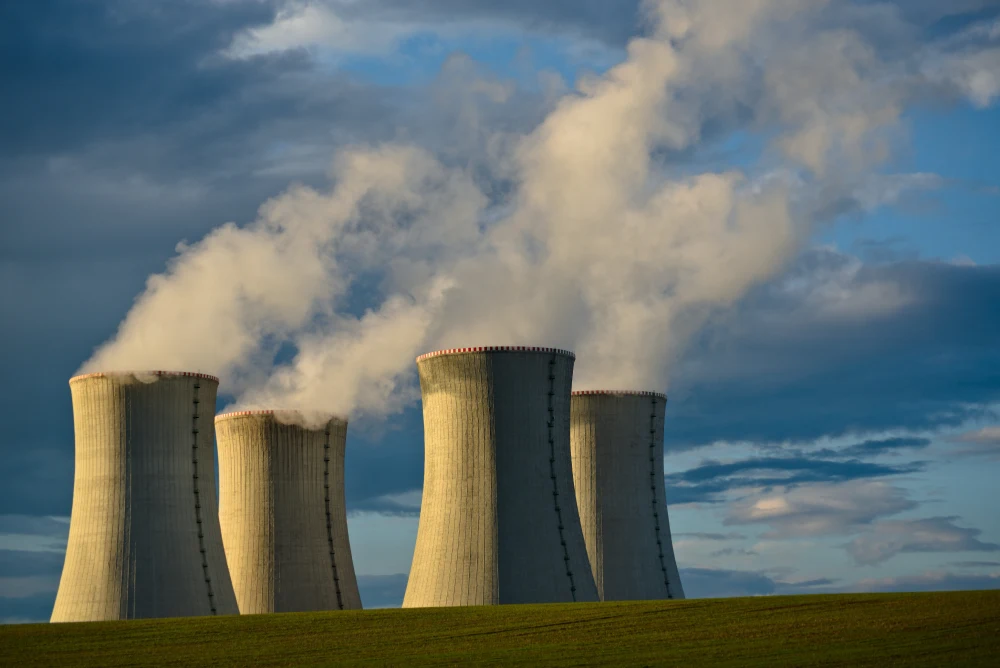
Yes, nuclear energy and nuclear power plants are a safe way to generate electricity around the globe. For over 60 years, humanity has relied upon nuclear reactors to generate power. There are over 400 nuclear power plants in operation around the planet, with 54 of them residing in the United States. Together, these reactors generate about 10% of the world’s electricity.
You may be wondering how nuclear power plants can be safe given the disasters that have occurred throughout history, such as those at Chernobyl and Fukushima.
The incident at Chernobyl, while devastating, was in the earlier days of nuclear energy. Since then, we’ve developed much safer ways to generate energy utilizing nuclear reactions.
At Fukushima, the incident was a result of a massive, record breaking earthquake with a subsequent tsunami. It was a perfect storm of a bad situation. As a result of that accident, the International Atomic Energy Agency revised its global safety standards to prevent further similar occurrences.
One of the significant benefits of nuclear power is its low greenhouse gas emissions during operation. Nuclear power does not produce carbon dioxide (CO2) or other greenhouse gases, making it an important tool in mitigating climate change and reducing global warming.
Nuclear power contributes to reduced air pollution by avoiding the emission of harmful pollutants such as sulfur dioxide, nitrogen oxides, and particulate matter, which are typically associated with fossil fuel combustion.
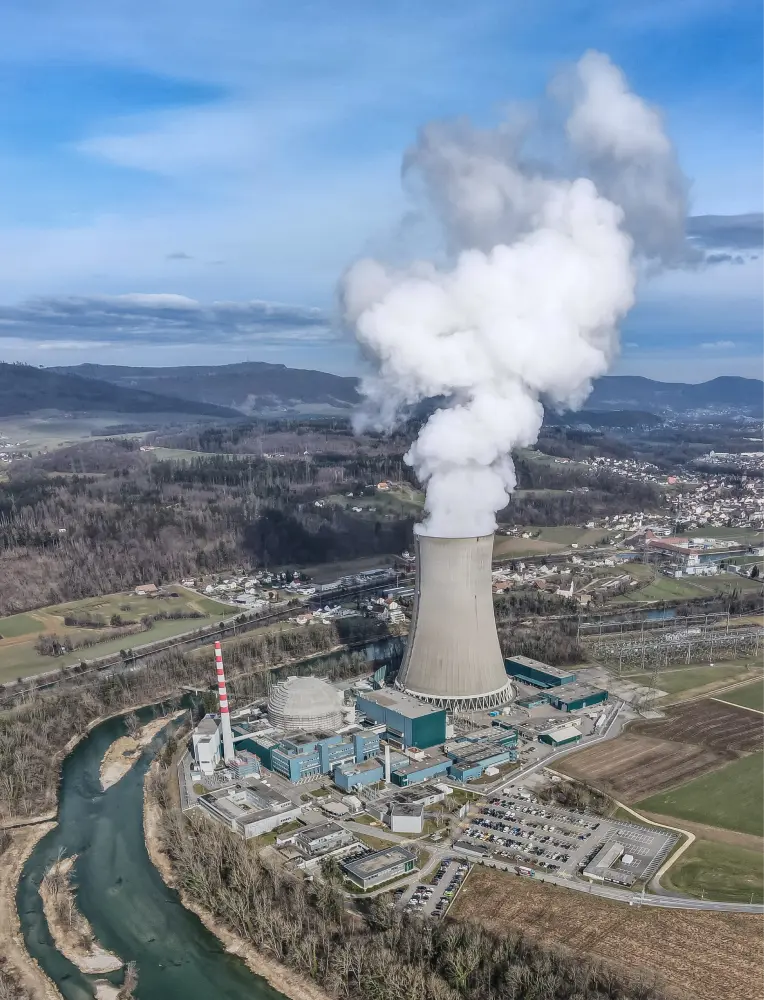
Since Chernobyl and Fukushima, there have been considerable safety concerns surrounding nuclear energy. Fortunately, there are numerous industry and regulatory bodies that oversee the nuclear energy industry and establish guidelines for producing nuclear power in a responsible manner.
The International Atomic Energy Agency (IAEA) is an international organization that promotes the safe and peaceful use of nuclear energy. It assists member states in implementing effective safeguards, provides technical cooperation and support, and establishes standards and guidelines for nuclear safety, security, and non-proliferation. The IAEA plays a crucial role in facilitating international collaboration and ensuring the responsible use of nuclear energy.
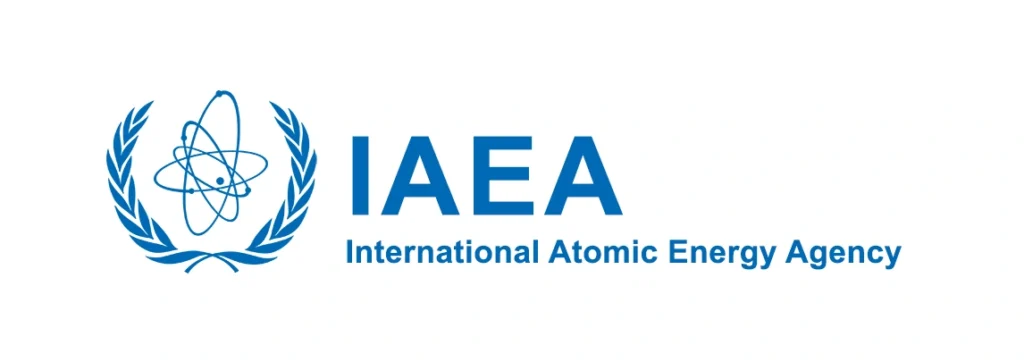
The Nuclear Non-Proliferation Treaty (NPT) is an international treaty aimed at preventing the spread of nuclear weapons and promoting disarmament. It establishes a framework for cooperation in the peaceful use of nuclear energy while emphasizing non-proliferation efforts. The treaty has been instrumental in curbing the proliferation of nuclear weapons and encouraging international cooperation in the development and use of nuclear energy.
Each country has its own regulatory bodies and policies governing the use of nuclear energy. These bodies ensure the safe operation, oversight, and licensing of nuclear facilities, as well as the adherence to international standards and guidelines. National regulations address aspects such as safety measures, waste management, environmental protection, and public engagement. Robust regulatory frameworks are essential for maintaining the safe and responsible use of nuclear energy at the national level.
Nuclear energy may be slightly controversial, but there are advantages to consider along with some of the disadvantages.
Here are just a few of the advantages of using nuclear energy:
Nuclear energy is considered a low-carbon energy source as it produces minimal greenhouse gas emissions during electricity generation. Unlike fossil fuel-based power plants, nuclear reactors don’t emit large amounts of carbon dioxide, methane, or other greenhouse gasses that contribute to climate change.
Nuclear power plants have the ability to generate a significant amount of electricity from a relatively small amount of fuel. The energy density of nuclear fuel is exceptionally high, resulting in a higher energy output compared to other conventional energy sources.
Nuclear power provides a reliable and consistent source of electricity, making it well-suited for meeting the base load demand—the constant minimum level of electricity required to meet everyday needs. Nuclear reactors can operate continuously for extended periods without interruption, ensuring a stable electricity supply.
Unfortunately, nuclear power comes with disadvantages as well:
One of the main challenges associated with nuclear energy is the proper management and disposal of radioactive waste generated during the nuclear fuel cycle. Radioactive waste requires careful handling and long-term storage to prevent potential harm to human health and the environment. Developing safe and secure waste storage solutions remains an ongoing concern.
Building and operating nuclear power plants involve substantial upfront costs. The construction of nuclear reactors requires significant capital investment and specialized expertise. Maintaining the safety and security of nuclear facilities throughout their operational lifetime also adds to the overall cost of nuclear energy.
While nuclear power is generally considered safe, accidents such as the Chernobyl and Fukushima disasters have raised concerns about the potential risks associated with nuclear energy. The potential for radioactive leaks, reactor malfunctions, and the handling of nuclear materials pose risks to both human health and the environment. Ensuring stringent safety measures and protocols is crucial to mitigating these risks.
Nuclear energy is a controversial topic, with proponents and opponents on both sides of the issue. Proponents of nuclear energy argue that it is a clean, safe, and reliable source of energy that can help to reduce our reliance on fossil fuels. Opponents of nuclear energy argue that it is a dangerous and expensive source of energy that poses a risk to human health and the environment.
The debate over nuclear energy is likely to continue for many years to come. However, it is clear that nuclear energy has the potential to play a significant role in our energy future. If we can address the safety and cost concerns, nuclear energy could be a key part of our efforts to reduce greenhouse gas emissions and combat climate change.
Graham Lumley, Digital Marketing Manager at BKV Energy, leads digital and traditional marketing strategies, focusing on educating Texans about the state's deregulated energy market. With over 8 years of marketing experience, he creates content to help consumers understand and save on their energy bills, bringing a fresh and dynamic approach to the industry.
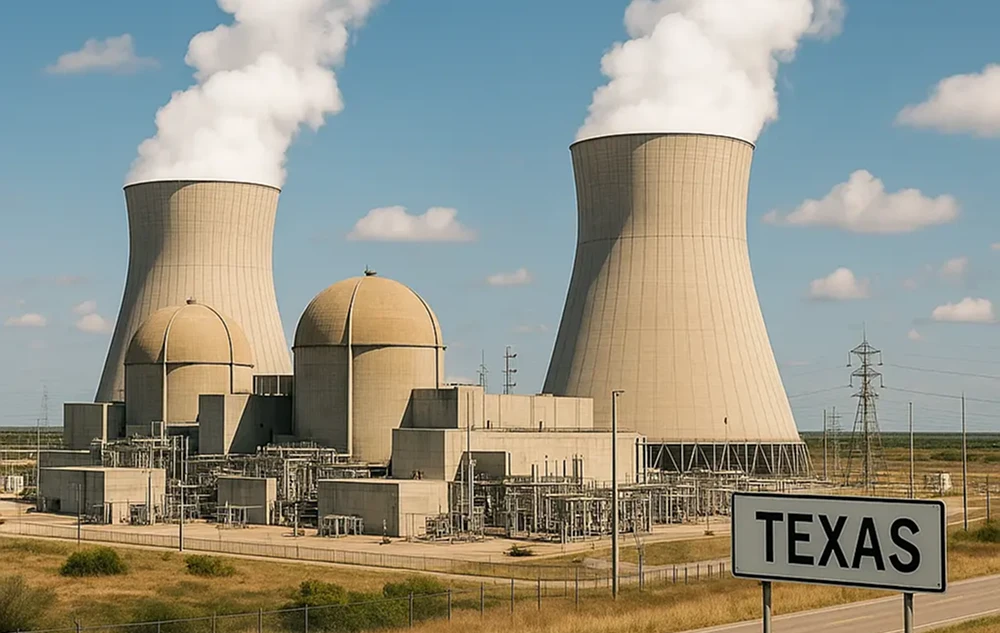
Nuclear energy offers low emissions and reliable power, but it also raises concerns about waste, water use, and safety.
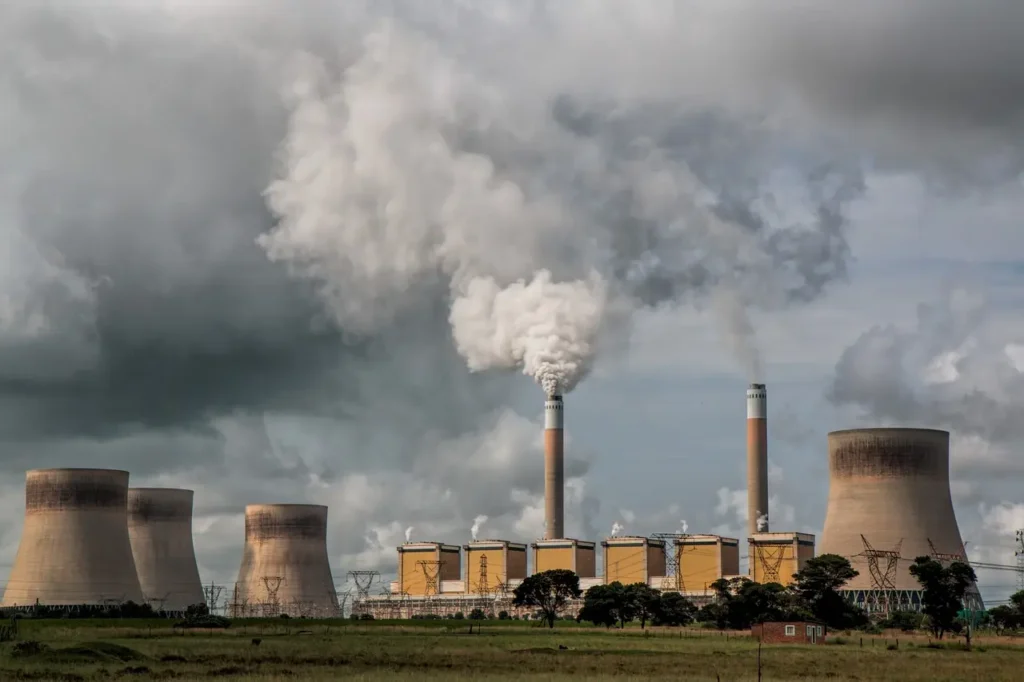
Get $50 off your electric bill!
Use code BKVEJOINUS50
Enter your zip code to shop BKV Energy's affordable, fixed-rate Texas electricity plans. Use the promo code for $50 off your electric bill.